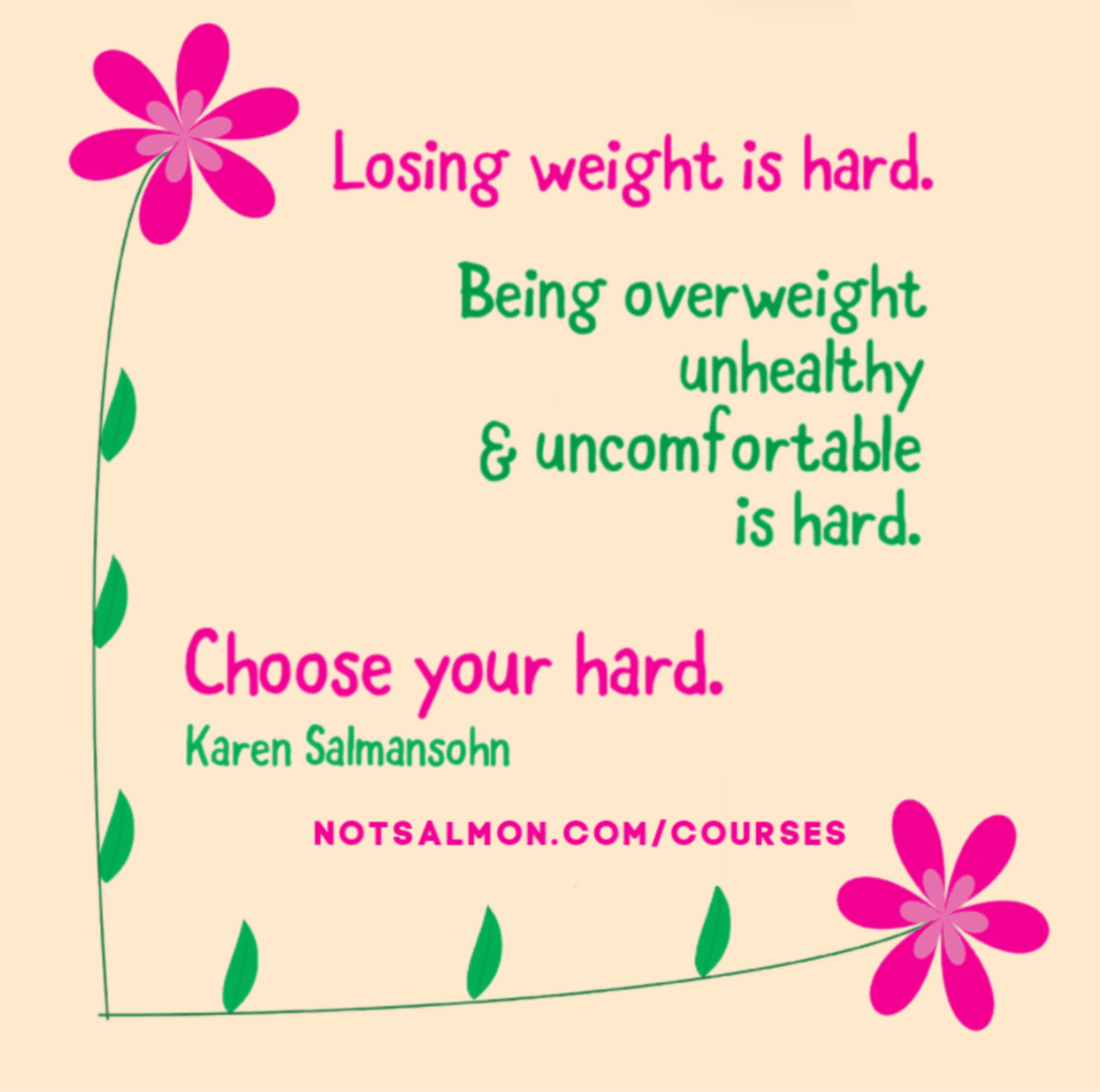 Begin a life-changing adventure with “Mindful Living,” an innovative mindset for healthy living that merges positive psychology principles with weight loss strategies, ultimately nurturing a slimmer physique and lasting joy.
Begin a life-changing adventure with “Mindful Living,” an innovative mindset for healthy living that merges positive psychology principles with weight loss strategies, ultimately nurturing a slimmer physique and lasting joy.
This holistic approach goes beyond traditional weight loss approaches, exploring the major effect of our mindsets on our health.
Discover the relationship between mindfulness and positive behaviors, revealing a path where each step contributes to losing weight and fostering long-term happiness. Accept a path where the desire for a better body aligns with pursuing a happier, more fulfilled life.
Understanding Positive Psychology
Positive psychology is based on the idea that people grow by focusing on their strengths and providing a fresh perspective on weight loss. Rather than stressing about restricted diets and hard workouts, this method encourages people to maintain a positive mentality and develop healthy behaviors that correspond with their specific beliefs and aspirations.
Positive psychology focuses on encouraging what is right rather than simply attempting to fix what is wrong. We may approach weight loss with optimism and self-empowerment if we acknowledge and build on our capacities. This shift in perspective helps us to see weight loss as a possibility for personal growth and self-improvement rather than a punishment.
Connection Between Positive Psychology and Weight Loss
The effect of mindset is essential for understanding the relationship between positive psychology and losing weight. Our ideas and beliefs impact our behavior, and when it comes to losing weight, a negative outlook may be a huge challenge. A positive mindset, on the other hand, can encourage motivation, perseverance, and the ability to overcome difficulties.
According to research, people who adopt a positive mentality are more likely to stick to healthy practices, make better eating choices, and maintain weight loss over time. We may modify our weight loss journey into a happy and gratifying experience by employing positive psychology concepts, transforming it from a frightening task into a rewarding commitment.
Connection Between Weight Loss and Happiness
 The important connection between weight loss and happiness has been integrated into the content of both physical and mental well-being. When people engage in the process of losing weight, they frequently realize that it has a significant influence on their overall satisfaction.
The important connection between weight loss and happiness has been integrated into the content of both physical and mental well-being. When people engage in the process of losing weight, they frequently realize that it has a significant influence on their overall satisfaction.
Aside from the obvious physical improvements, such as improved health indicators and increased energy, the psychological change is important.
Weight loss objectives that are met may increase self-esteem, inspire a sense of success, and promote body confidence, all of which contribute considerably to an individual’s happiness.
Furthermore, the weight loss process usually includes adopting healthy living choices, such as nutritious food and regular exercise, both of which are known to release endorphins, the body’s natural mood boosters. Positive behaviors that become engrained contribute to long-term weight control and generate a positive feedback loop. Creating a never-ending loop of enjoyment and well-being. The relationship between weight loss and happiness is a dynamic dance of physical health and emotional satisfaction, demonstrating the enormous influence that a healthy lifestyle may have on one’s overall feeling of joy and contentment.
Positive Psychology Techniques
- Strength-Based Approach: Focus on your strengths rather than imperfections to cultivate a positive attitude toward weight loss.
- Goal Setting with Positivity: Set attainable and enjoyable objectives to keep you motivated and feeling accomplished during your weight reduction journey.
- Mindful Eating Practices: Engage in mindful eating by enjoying each bite, paying attention to hunger and fullness cues, and appreciating the nourishment provided by food.
- Positive Affirmations: Use positive affirmations to boost self-esteem and combat negative ideas regarding body image or the weight reduction process.
- Gratitude Journaling: Maintain a gratitude journal to help you change your focus to the positive aspects of your weight loss journey, building a sense of appreciation for your efforts and accomplishments.
- Social Support Networks: Surround yourself with a good support system by discussing your weight loss goals with friends or joining an organization that encourages and motivates your efforts.
- Celebrating Milestones: Recognize and celebrate small wins and goals along the way to weight loss, strengthening the positive connections with progress.
- Cultivating Self-Compassion: Self-compassion can be practiced by treating oneself with love and understanding, especially during failures or difficult times in the weight loss journey.
Incorporating Natural Approaches into Your Weight Loss Journey
- Regular Exercise: Incorporate regular physical activity in your regimen, mixing cardiovascular activities to help general health and weight loss.
- Balanced and Whole Foods: A diet rich in unprocessed, whole foods like fruits and vegetables, lean meats, and whole grains not only supplies essential nutrients but also increases enjoyment.
- Adequate Sleep: Prioritize adequate, quality sleep since a lack of sleep can weaken metabolism and increase cravings for unhealthy meals.
- Stress Management: To handle stress, use stress-reduction strategies such as meditation, deep breathing, or yoga. Stress can add to emotional eating and weight gain.
- Limit Processed Sugars and Foods: Reduce your intake of processed meals and added sugars since they might lead to extra-calorie consumption and ruin your weight loss efforts.
- Portion Control: To avoid overeating, keep portion sizes in mind, use smaller plates, and pay attention to hunger and fullness cues. Blended meals provide a practical and delicious approach to a balanced and controlled diet during your weight reduction journey. Using a portable blender for blended meals supports efficient portion control, allowing consumers to easily make and enjoy regulated quantities of nutrient-dense smoothies or soups, assisting in their weight loss journey.
Benefits of Incorporating Blended Foods in Balanced Diet for Weight Loss Journey
- Nutrient Density: Blended foods can pack a nutritional punch, providing essential vitamins and minerals in a concentrated form, supporting overall health during the weight loss journey.
- Increased Fiber Intake: Blended foods often retain fiber, promoting satisfaction and aiding digestion, which is beneficial for weight loss by decreasing overall calorie consumption.
- Customizable Nutrient Profiles: Users can customize blended recipes to include specific nutrients, ensuring a well-balanced diet tailored to individual weight loss and health goals.
- Quick and Convenient: Blended foods offer a convenient option for busy lifestyles, making it easier to incorporate nutritious meals and snacks into a weight loss plan.
- Hydration Support: Many blended foods, such as smoothies, contribute to hydration, supporting overall health and potentially reducing the consumption of sugary and calorie-laden beverages.
- Versatility: Blended foods allow for a diverse range of ingredients, accommodating various dietary preferences and ensuring a more satisfying and sustainable weight loss journey.
- Texture Modification: Blending can assist those with difficulty chewing or swallowing, providing a solution for individuals with specific dietary needs or restrictions during their weight loss efforts.
Conclusion: Positive Psychology Helps Weight Loss
The application of positive psychology for weight loss has the potential to transform our attempts to lose weight, encouraging long-term results and holistic well-being. We can achieve sustained weight loss and a life marked by joy and vitality by adopting a positive mindset, nurturing positive emotions, strengthening resilience and confidence, incorporating gratitude and mindfulness practices, establishing a positive support system, integrating beneficial habits, and pursuing happiness.
Say goodbye to the never-ending battle with the scale and embrace a complete approach to weight control. Now is the time to take advantage of the benefits of positive psychology and guide your health and happiness in the right way.
Author Bio: Rick Kaselj is a highly respected health and fitness expert with over two decades of experience.
Learn to Stop Food Cravings
Explore the nutritionist recommended online program: The Stop Emotional Eating Course.
P.S. Before you zip off to your next Internet pit stop, check out these 2 game changers below - that could dramatically upscale your life.
1. Check Out My Book On Enjoying A Well-Lived Life: It’s called "Your To Die For Life: How to Maximize Joy and Minimize Regret Before Your Time Runs Out." Think of it as your life’s manual to cranking up the volume on joy, meaning, and connection. Learn more here.
2. Life Review Therapy - What if you could get a clear picture of where you are versus where you want to be, and find out exactly why you’re not there yet? That’s what Life Review Therapy is all about.. If you’re serious about transforming your life, let’s talk. Learn more HERE.
Think happier. Think calmer.
Think about subscribing for free weekly tools here.
No SPAM, ever! Read the Privacy Policy for more information.
One last step!
Please go to your inbox and click the confirmation link we just emailed you so you can start to get your free weekly NotSalmon Happiness Tools! Plus, you’ll immediately receive a chunklette of Karen’s bestselling Bounce Back Book!


 Begin a life-changing adventure with “Mindful Living,” an innovative mindset for healthy living that merges positive psychology principles with weight loss strategies, ultimately nurturing a slimmer physique and lasting joy.
Begin a life-changing adventure with “Mindful Living,” an innovative mindset for healthy living that merges positive psychology principles with weight loss strategies, ultimately nurturing a slimmer physique and lasting joy.  The important connection between weight loss and happiness has been integrated into the content of both physical and mental well-being. When people engage in the process of losing weight, they frequently realize that it has a significant influence on their overall satisfaction.
The important connection between weight loss and happiness has been integrated into the content of both physical and mental well-being. When people engage in the process of losing weight, they frequently realize that it has a significant influence on their overall satisfaction. 